P JAC: Successful ISAB meeting in April
- Prof. Eva Fodor
- Prof. Russel King
- Prof. Robert Roth
- Prof. Tiit Tammaru
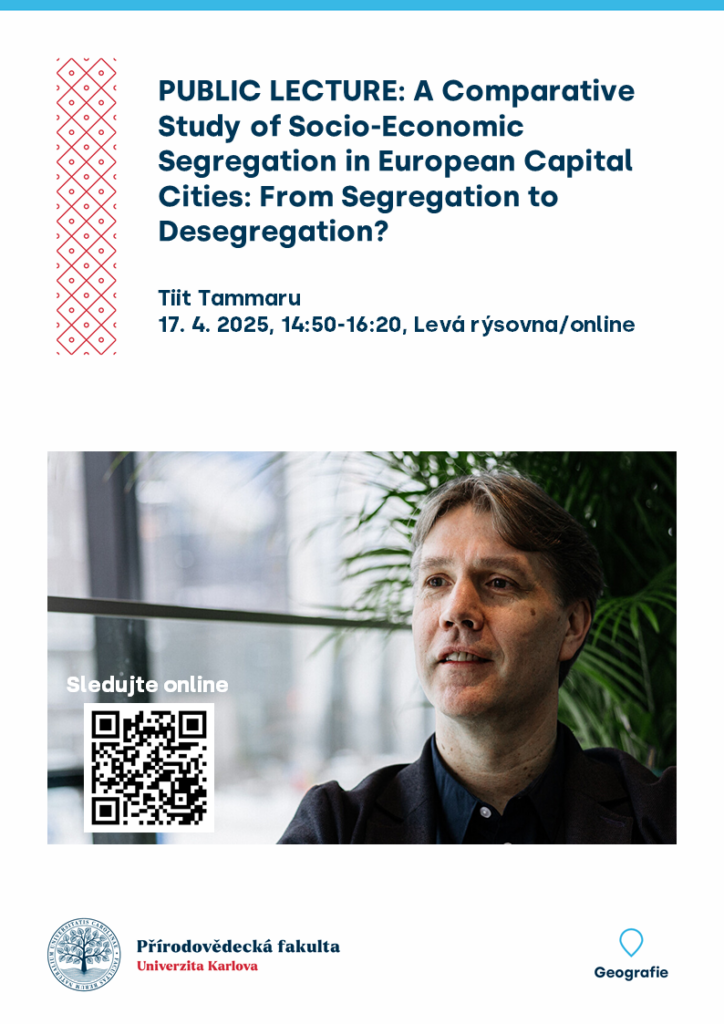
 The concluding conference of the 4EU+ course, “Urban Regulations and Political Memory: Towards Understanding Spatio-Temporal Aspects of Urban Development,” was held in Prague at the Faculty of Science from March 26 to 28, organised by Prof. Martin Ouředníček and Adél Petrovic.
The 4EU+ multidisciplinary course “Urban Regulations and Political Memory: Towards Understanding Spatio-Temporal Aspects of Urban Development” (UNREAD) is one of the educational projects developed under Flagship 1. The topics of this course include the driving forces of urban change, the development of smart cities, and multidisciplinary methodologies in urban studies applied to cases in Czechia, Poland, Italy and beyond.
The concluding conference of the 4EU+ course, “Urban Regulations and Political Memory: Towards Understanding Spatio-Temporal Aspects of Urban Development,” was held in Prague at the Faculty of Science from March 26 to 28, organised by Prof. Martin Ouředníček and Adél Petrovic.
The 4EU+ multidisciplinary course “Urban Regulations and Political Memory: Towards Understanding Spatio-Temporal Aspects of Urban Development” (UNREAD) is one of the educational projects developed under Flagship 1. The topics of this course include the driving forces of urban change, the development of smart cities, and multidisciplinary methodologies in urban studies applied to cases in Czechia, Poland, Italy and beyond.
The principal investigator of the project Society in Motion: Opportunities and Risks of New Forms of Mobility for Czech Society and Economy is Prof. Martin Ouředníček, the head of our research team. The project partners include the Faculty of Science at Masaryk University and the Institute of Sociology of the Czech Academy of Sciences.
The project focuses on research in:
The main research goal is to conduct multidisciplinary research through five research objectives. The project aims to generate new insights, methodological approaches, and innovative analytical methods, as well as develop advanced modeling tools and cartographic visualization techniques.
The project is divided into five research objectives, which are interconnected through the composition of research teams from partner institutions, shared theoretical concepts, and methodological approaches.
Learn more about the project in an interview with Prof. Martin Ouředníček.
More information about our research team’s activities can be found at www.urrlab.cz, and soon also on the project’s website, which is currently under development.
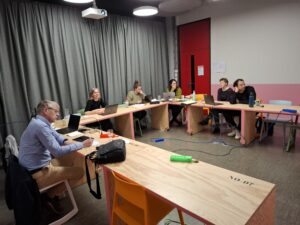
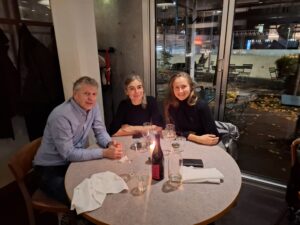
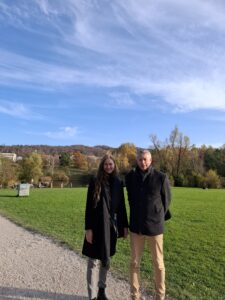
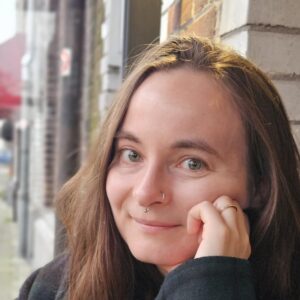 We’d like to invite you to attend a public talk by Anastassia Vybornova from the IT University of Copenhagen on the topic of ‘Mathematics in the Ghetto’: pitfalls (and potentials) of computational approaches to urban segregation, that will happen on December 4th at the Faculty of Science.
Anastassia Vybornova (she/her) is a PhD student in Urban Data Science at IT University of Copenhagen. Her work is centered around geospatial data and applications, socioeconomic inequalities, and sustainable mobility.
We’d like to invite you to attend a public talk by Anastassia Vybornova from the IT University of Copenhagen on the topic of ‘Mathematics in the Ghetto’: pitfalls (and potentials) of computational approaches to urban segregation, that will happen on December 4th at the Faculty of Science.
Anastassia Vybornova (she/her) is a PhD student in Urban Data Science at IT University of Copenhagen. Her work is centered around geospatial data and applications, socioeconomic inequalities, and sustainable mobility.
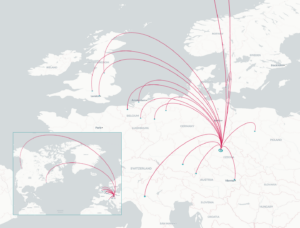 The Urrlab team, together with the Map and Data Centre of the Faculty of Science, organised a second Spatial Data Science across Languages (SDSL) workshop with more than 25 participants on-site and about the same number online.
The SDSL workshop aims to bridge the gap between the programming languages used in data science for geographical applications and bring these communities together to discuss their differences and similarities and to find ways to discuss, collaborate and synchronise efforts.
This year’s workshop continued the discussion started a year ago at the University of Münster and attracted key developers from more than 20 countries in Europe and the USA. We hope to continue next year at the University of Salzburg.
The Urrlab team, together with the Map and Data Centre of the Faculty of Science, organised a second Spatial Data Science across Languages (SDSL) workshop with more than 25 participants on-site and about the same number online.
The SDSL workshop aims to bridge the gap between the programming languages used in data science for geographical applications and bring these communities together to discuss their differences and similarities and to find ways to discuss, collaborate and synchronise efforts.
This year’s workshop continued the discussion started a year ago at the University of Münster and attracted key developers from more than 20 countries in Europe and the USA. We hope to continue next year at the University of Salzburg.